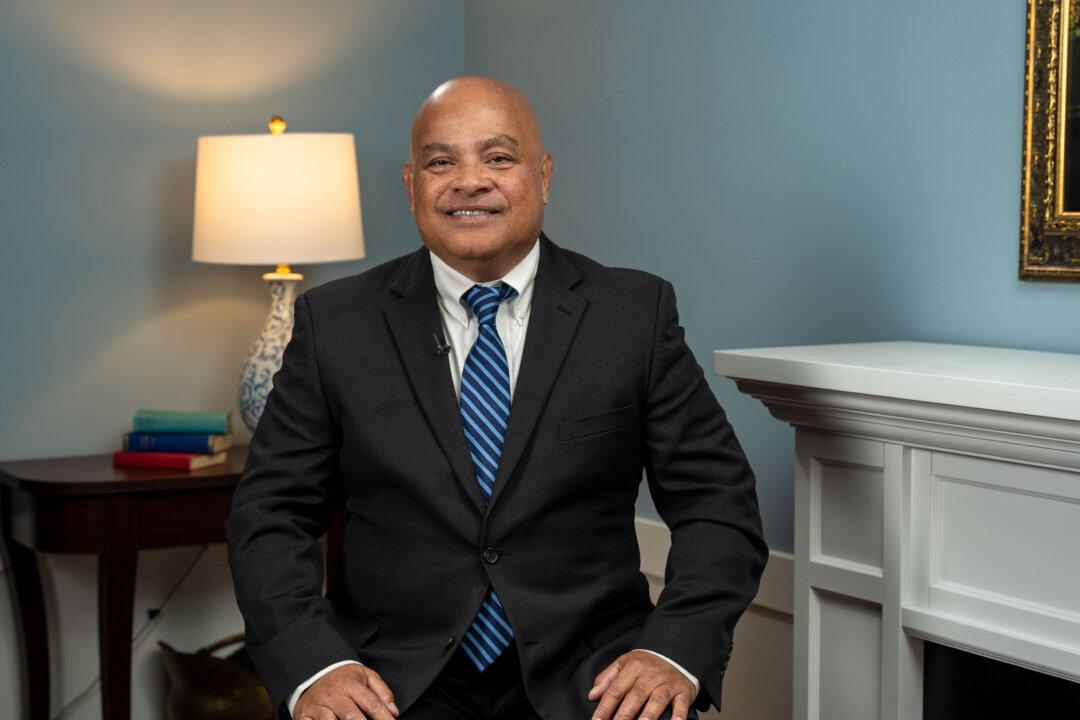David Panuelo, the former president of the Federated States of Micronesia, wrote a number of letters to other leaders in the region during his time in office (2019–2023) to raise awareness about the Chinese regime’s belligerent tactics.
That part of the Pacific and its island nations are part of the “Second Island Chain” of defense in the United States’ military strategy and are crucial to the deterrence of a Chinese invasion of Taiwan.






